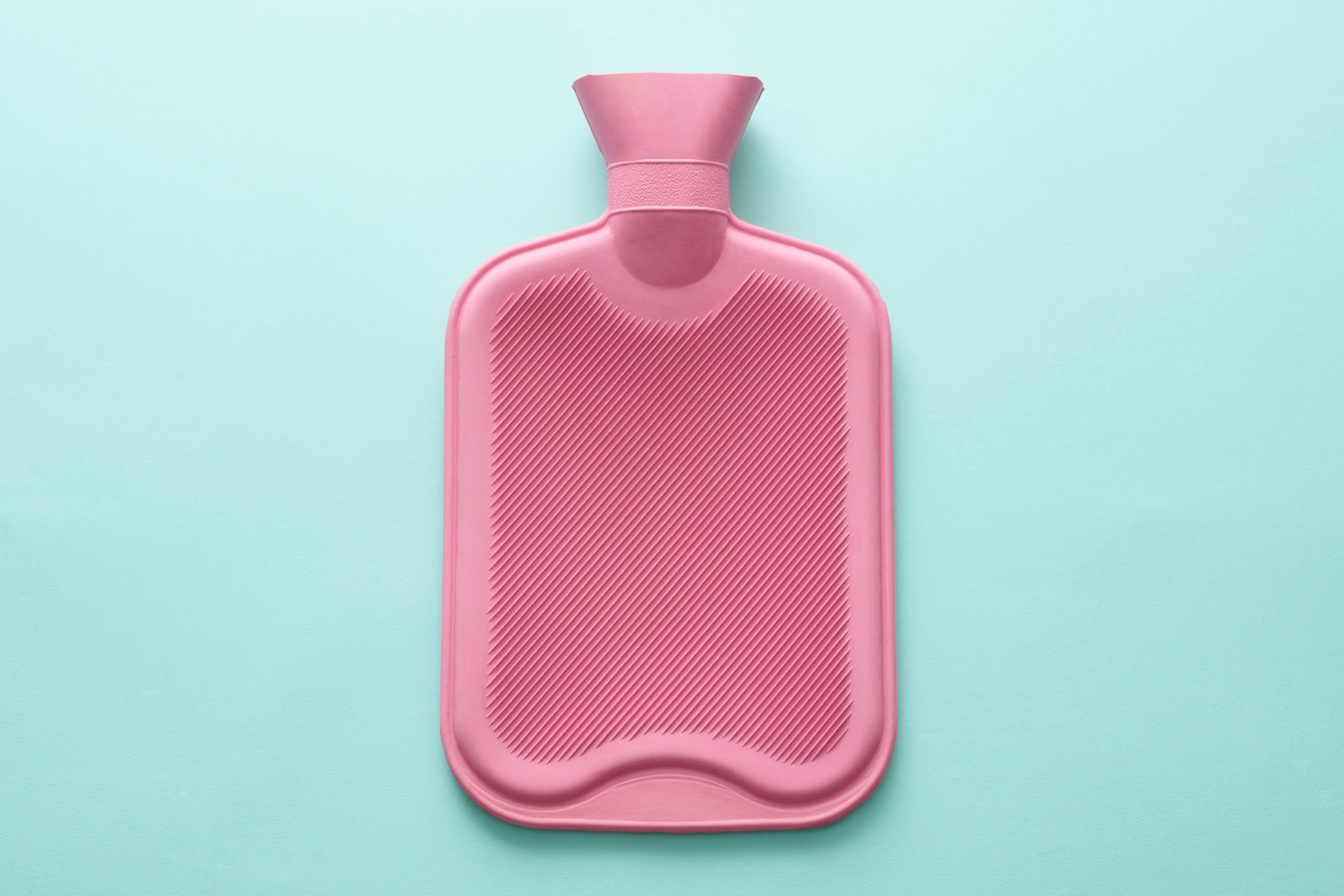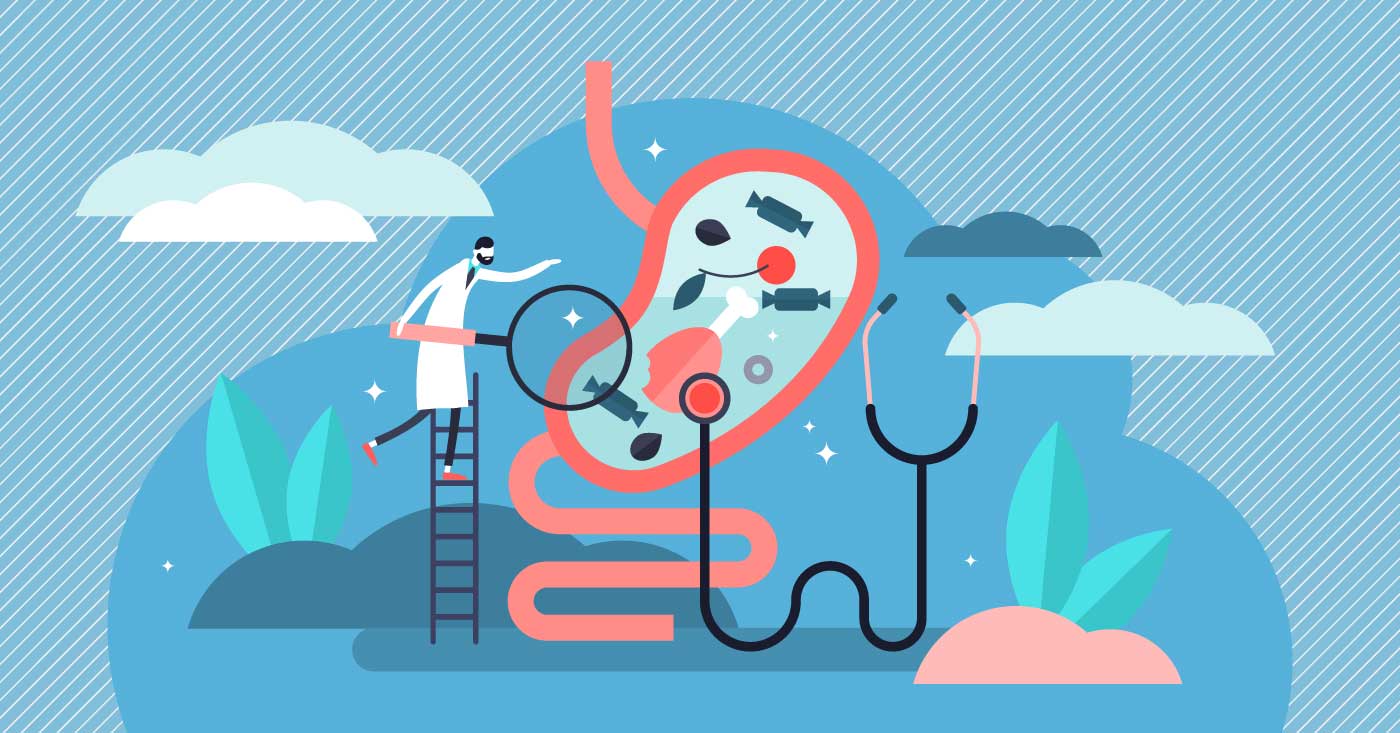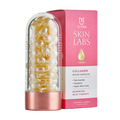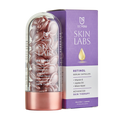What does menopause do to your body?
Nov. 01, 2019 jess simms
Recently we posted a period fact-check guide to clarify what does and doesn’t actually happen on your period. However, do many of us actually know what happens on the other end of the menstruation spectrum; the menopause.
The Change is often taken for granted as a mysterious physiological phenomenon that only happens when your mum feels a bit too warm and then informs everyone within a 100 yard radius that she is having a hot flush (sorry mum!). The reality is that the menopause is a complex finely tuned process which prepares your uterus to wind down and take a step back from the whole menstruation thing. Let’s take a look at the science behind it.
What is menopause?
The menopause is the process by which your body stops having periods and therefore you are no longer fertile. It is a completely natural part of ageing and typically happens to women ages between 45-55 years old. Other factors, such as hysterectomies, radiotherapy and chemotherapy can also induce menopause. As it is commonly known the hormone oestrogen is integral to a woman’s fertility and her periods. It causes the body to release an egg each month to be fertilized and also thicken the lining of the uterus to be shed every 28 days. Throughout a woman’s life, her oestrogen levels will very slowly decline to a point where she is unable to release an egg and is infertile. This happens over a very long period of time, so there is no need to panic!
Will this change my body?
The change in your hormones can affect many parts of your body such as your brain, skin and muscles. Many women experience the known side effects of the menopause before their periods even stop. This phase is called the perimenopause which can provoke night sweats, hot flushes, little interest in sex, anxiety and low mood. Other symptoms include:
-
Bladder issues
-
Vaginal dryness
-
Weaker bones









